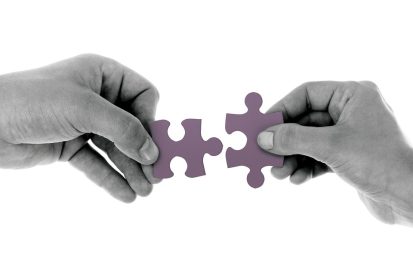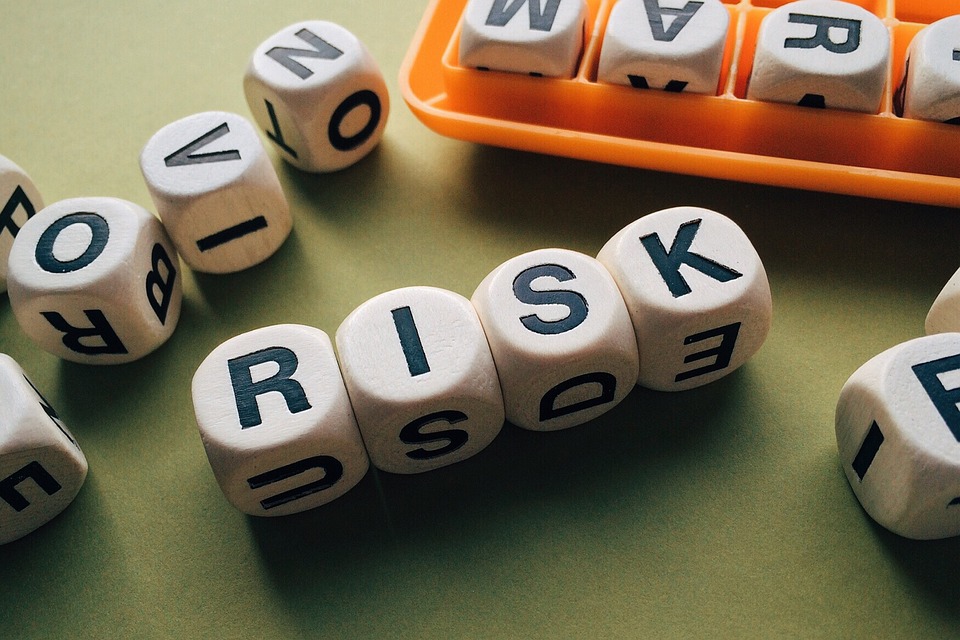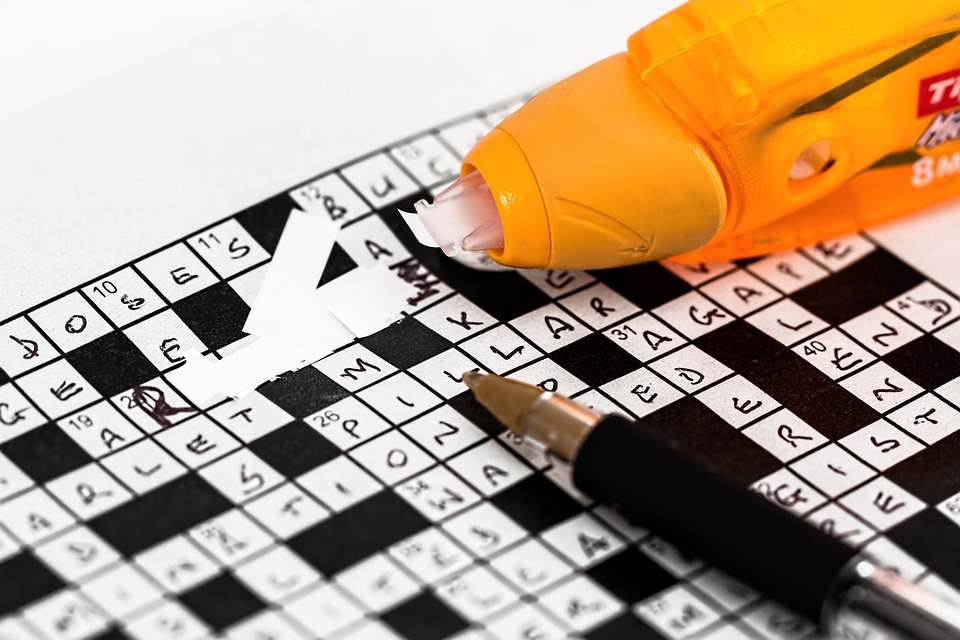
In recent years, jigsaw puzzles have seen a resurgence in popularity, and for good reason. Not only are they a fun and challenging way to pass the time, but they also have numerous benefits for mental health. Whether you’re a casual puzzler or a dedicated enthusiast, incorporating jigsaw puzzles into your routine can have a positive impact on your overall well-being. In this article, we’ll explore the power of puzzling and how it can improve your mental health.
The Cognitive Benefits of Jigsaw Puzzles
One of the key ways that jigsaw puzzles can improve mental health is through their cognitive benefits. When you work on a puzzle, you’re engaging in a complex mental task that requires attention, concentration, and problem-solving skills. As you piece together the puzzle, you’re exercising your brain and enhancing your cognitive abilities.
Research has shown that engaging in activities that challenge the brain, such as jigsaw puzzles, can help to improve memory, concentration, and overall cognitive function. This can be particularly beneficial for older adults, as it can help to stave off cognitive decline and keep the mind sharp as we age.
The Emotional Benefits of Jigsaw Puzzles
In addition to the cognitive benefits, jigsaw puzzles can also have a positive impact on emotional well-being. The process of completing a puzzle can be incredibly satisfying, providing a sense of accomplishment and boosting self-esteem. It can also be a relaxing and meditative activity, allowing for a break from the stresses of daily life and promoting a sense of calm and tranquility.
Furthermore, puzzles can be a social activity, providing an opportunity for bonding and connection with friends and family. Working on a puzzle together can foster teamwork and communication, and can be a great way to spend quality time with loved ones.
The Therapeutic Benefits of Jigsaw Puzzles
Beyond the cognitive and emotional benefits, jigsaw puzzles can also have therapeutic effects. Many people find that working on a puzzle can be a form of mindfulness or meditation, allowing for a break from ruminating thoughts and promoting a state of relaxation and focus. This can be particularly helpful for those dealing with anxiety, stress, or other mental health challenges.
Some therapists even use jigsaw puzzles as a therapeutic tool, as they can help to improve concentration, problem-solving skills, and attention to detail. This makes puzzles a valuable addition to a range of therapeutic interventions for mental health conditions.
Conclusion
In conclusion, jigsaw puzzles have a wide range of benefits for mental health, from cognitive and emotional to therapeutic. Whether you’re looking to challenge your brain, relax and unwind, or improve your overall well-being, incorporating puzzles into your routine can be a valuable addition to your self-care toolkit.
FAQs
Q: What age groups can benefit from jigsaw puzzles?
A: Jigsaw puzzles can be beneficial for people of all ages, from children to older adults. They can help to improve cognitive function, memory, and concentration, and can be a fun and rewarding activity for people of all ages.
Q: How often should I do jigsaw puzzles to see the benefits?
A: There is no set frequency for doing jigsaw puzzles to see the benefits. Some people enjoy doing puzzles daily, while others may do them less frequently. The key is to find a routine that works for you and brings you enjoyment and relaxation.
Q: Are there specific types of puzzles that are better for mental health?
A: While any type of jigsaw puzzle can provide cognitive and emotional benefits, some people may find certain types of puzzles more enjoyable or relaxing. It’s a personal preference, so it’s best to choose puzzles that you find enjoyable and fulfilling.




